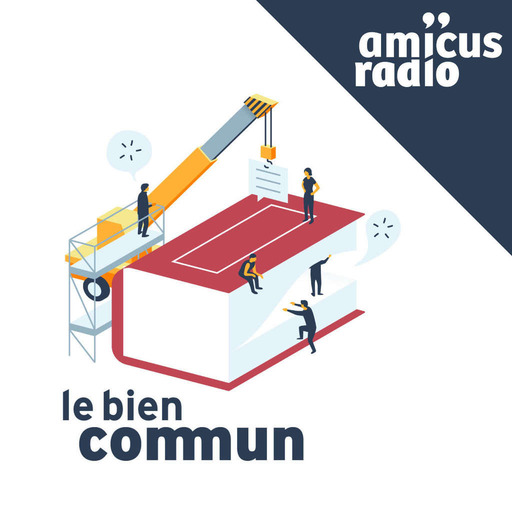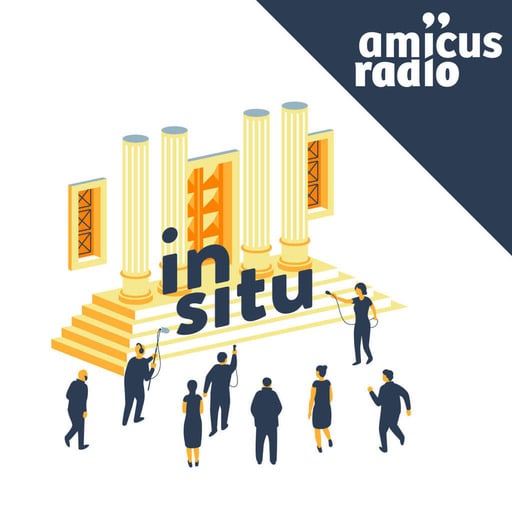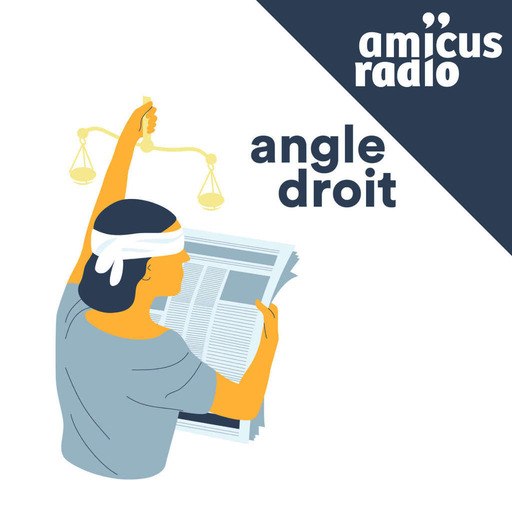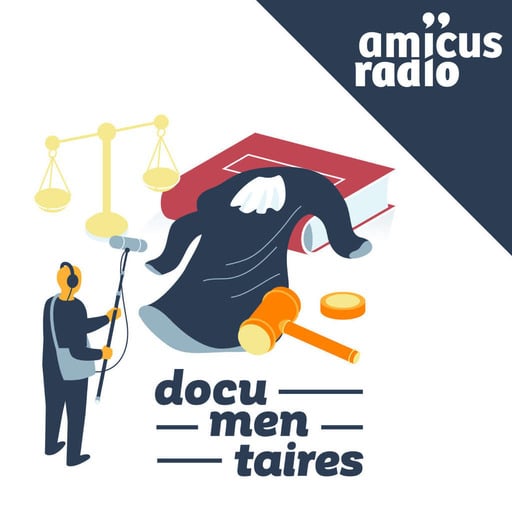In the second podcast on evidence-informed decision-making, Fadi El Jardali, Professor of Health Policy and Systems and Director of the Knowledge to Policy (K2P) Center shares important lessons learned on how to bridge the gap between evidence and policy. He also reflects upon what the COVID-19 pandemic taught him about evidence-informed decision-making and shares additional advice about promoting the systematic and transparent use of evidence in policy formulation and implementation.
A receptive culture for the use of evidence needs to be created. One important prerequisite for a receptive culture is trust between policy makers and the scientific community.
Research needs to reflect the needs and priorities of policy makers and therefore requires an active engagement with policy makers in terms of priority setting.
Evidence needs to be tailored to context and accessible to all. This often requires having a platform to promote exchange and collaboration between all relevant stakeholders.
Impact should be the driving force and needs to be measured continuously. A policy dialogue might not be enough to achieve impact. Active advocacy by targeting intermediaries, such as media, can be also used to inform policy makers.
The COVID-19 pandemic created a strong demand for evidence to guide decision making, which now needs to be translated into strengthened institutional structures and mechanisms for better pandemic preparedness.
Summary
Q1 - 01:27 to 07:19 > You have worked with evidence-informed decision-making for many years. What’s your most important lessons learned on how to bridge the gap between evidence and policy?
Q2 - 07:21 to 11:06 > How have you, as a knowledge intermediary, handled situations in the past when decision-makers wouldn’t ‘listen’ to or consider the best available evidence?
Q3 - 11:07 to 20:20 > What has the COVID-19 pandemic taught you about evidence-informed decision-making?
Q4 - 20:21 to 25:53 > What are your three pieces of advice for evidence-informed decision-making during crises, such as COVID-19?
Q5 - 25:54 to 28:45 > Would you have any additional advice to our listeners interested in promoting evidence-informed decision-making?


 Emissions
Emissions![Fadi El JARDALI, Professor of Health Policy and Systems and Director of the Knowledge to Policy (K2P) Center - WHO [E2P] - PODCAST SERIES](https://uploads.podcloud.fr/uploads/covers/72eb/709b/8d30/3037/e363/214a/e348/883b/84b9/bf9f/medium_72eb709b8d303037e363214ae348883b84b9bf9f.jpg?version=1640786000&)











